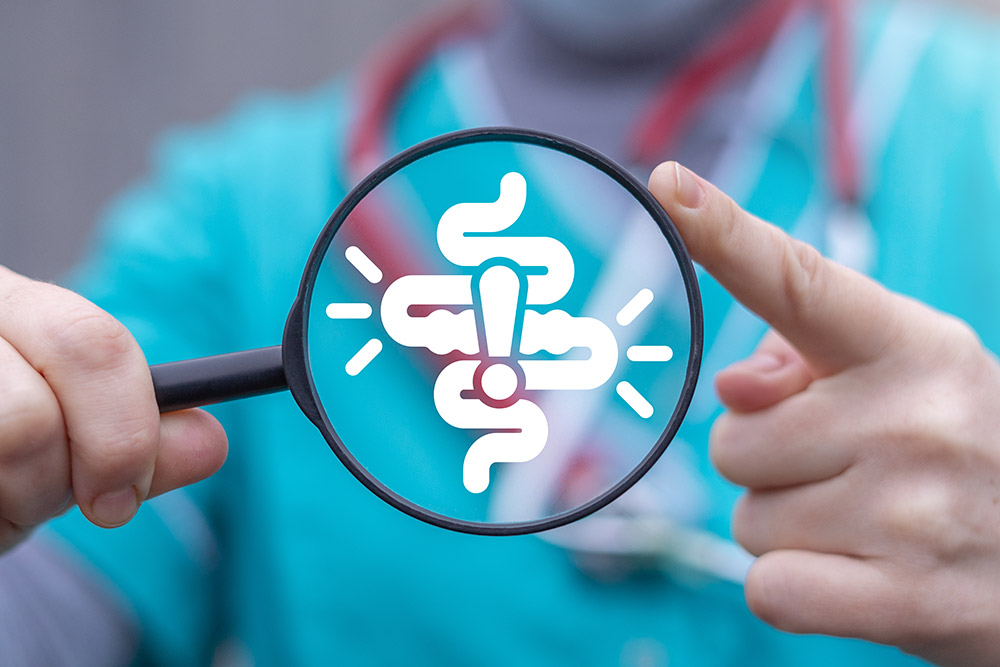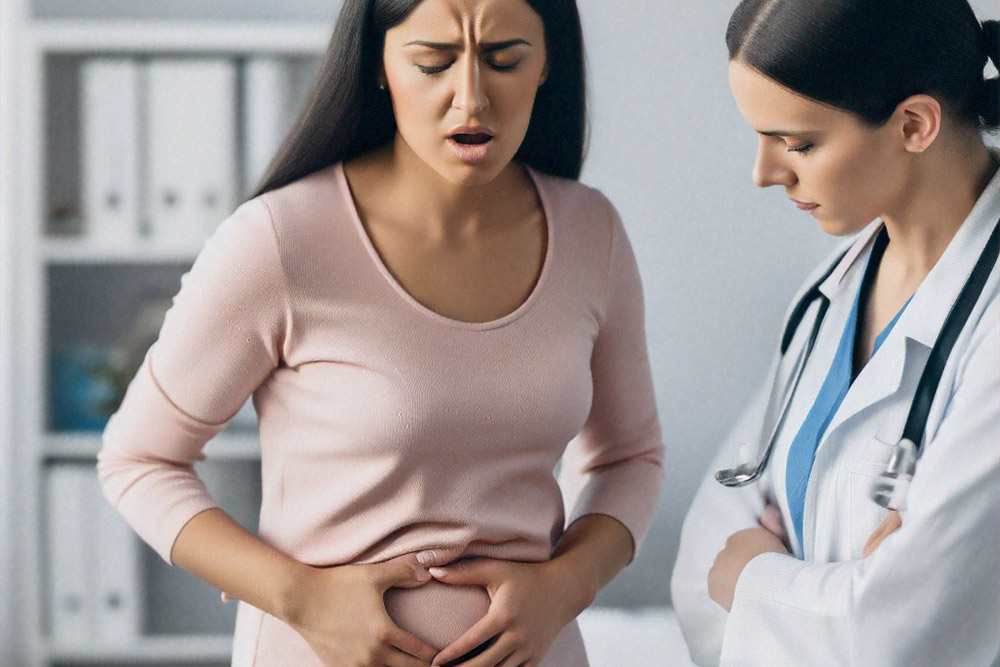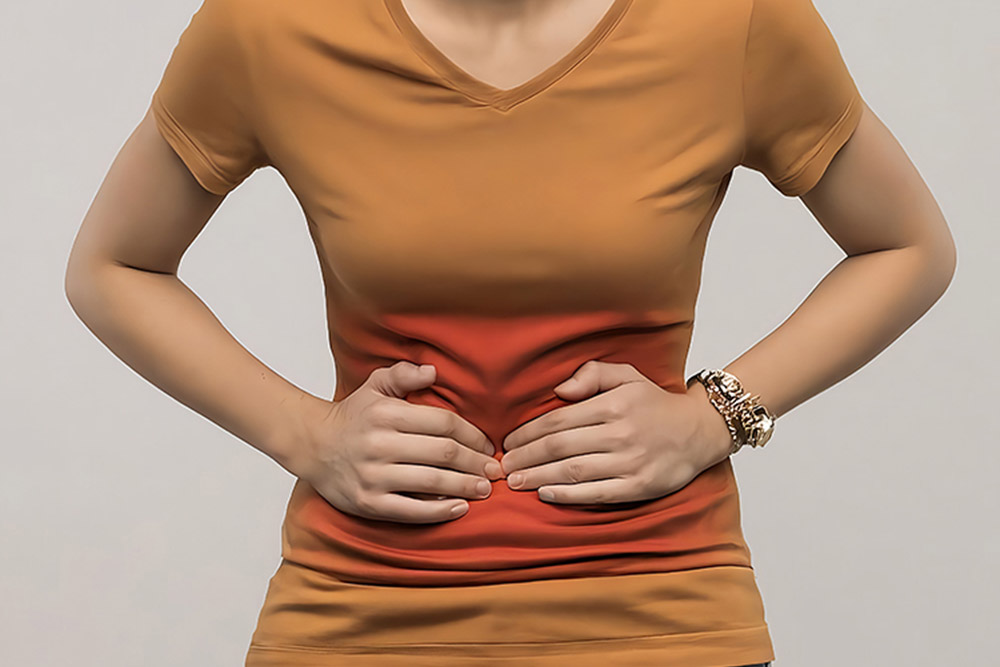Expert Treatment for Backwash Ileitis by Dr. Bharat Pothuri
Dr. Pothuri uses a comprehensive, step-by-step approach:
Medical History and Physical Exam
He reviews your ulcerative colitis history, symptom onset, family history of IBD, and any epigastric discomfort. A focused abdominal exam checks for tenderness in the right lower quadrant and upper abdomen.
Blood and Stool Tests
We measure inflammatory markers (CRP, ESR), complete blood count for anemia, metabolic panel for nutrition, and stool studies for infection and fecal calprotectin.
Colonoscopy with Ileal Intubation
- Direct visualization of the colon and terminal ileum to identify backwash ileitis changes-redness, edema, ulcerations.
- Targeted biopsies of the ileum and colon to confirm histopathology and rule out Crohn's disease.
Cross-Sectional Imaging
- MR Enterography or CT Enterography to assess the small bowel and rule out other causes of epigastric pain.
- Abdominal ultrasound, when indicated, to evaluate adjacent organs (gallbladder, pancreas).
Advanced Diagnostics (if needed)
Capsule endoscopy or small-bowel MRI enterography may be used in complex cases to evaluate deeper small-intestinal involvement.

Frequently Asked Questions
What is the difference between backwash ileitis and Crohn's disease?
Backwash ileitis occurs when inflammation from ulcerative colitis extends into the terminal ileum. Crohn's disease can affect any part of the digestive tract and typically involves deeper, transmural inflammation.
How do I know if my symptoms are from ulcerative colitis or backwash ileitis?
A colonoscopy with biopsy is the gold standard. If inflammation is continuous from the colon into the ileum, it suggests backwash ileitis rather than isolated ulcerative colitis.
Can diet alone treat this condition?
While dietary changes can ease symptoms, they do not stop the underlying inflammation. Most patients require medication in addition to diet and lifestyle modifications.
Is backwash ileitis the same as ulcerative colitis?
No. Ulcerative colitis affects only the colon. Backwash ileitis refers specifically to inflammation -washing back- into the ileum as a result of severe colonic disease.
What happens if I don't treat backwash ileitis?
Untreated inflammation can lead to malabsorption, nutrient deficiencies, weight loss, and an increased risk of complications over time.
How often should I see Dr. Pothuri?
Most patients are monitored every 3 to 6 months, with more frequent visits during flare-ups or medication adjustments.
Where can I learn more?
For trusted resources and support, visit the Crohn's & Colitis Foundation at https://www.crohnscolitisfoundation.org.












